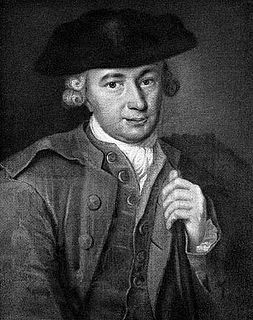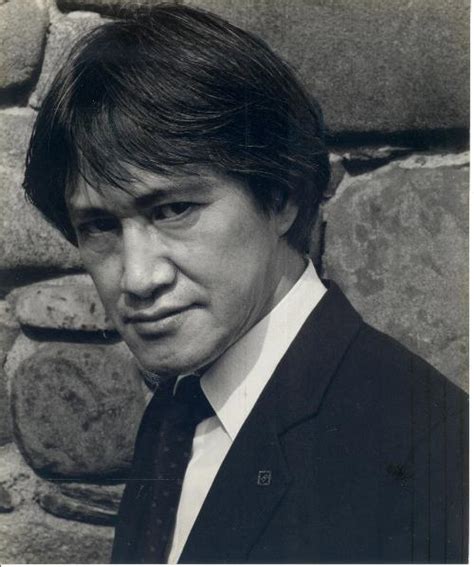A Quote by Horace
Virtue lies half way between two opposite vices.
Related Quotes
Of all vices take heed of drunkenness; other vices are but fruits of disordered affections--this disorders, nay, banishes reason; other vices but impair the soul--this demolishes her two chief faculties, the understanding and the will; other vices make their own way--this makes way for all vices; he that is a drunkard is qualified for all vice.
The two principles referred to are Authority and Liberty, and the names of the two schools of Socialistic thought which fully and unreservedly represent one or the other of them are, respectively, State Socialism and Anarchism. Whoso knows what these two schools want and how they propose to get it understands the Socialistic movement. For, just as it has been said that there is no half-way house between Rome and Reason, so it may be said that there is no half-way house between State Socialism and Anarchism.
With any television series - and it's something that is taken for granted with movies because you have the whole arc within two hours - you establish who the character is and it's a two-dimensional version, or if you're lucky, a two and a half-dimensional character. Once you establish that, you can move forward and break all the rules. Once the audience has accepted who the person is, then you can do the exact opposite. What makes it funny and interesting is doing the opposite.


































